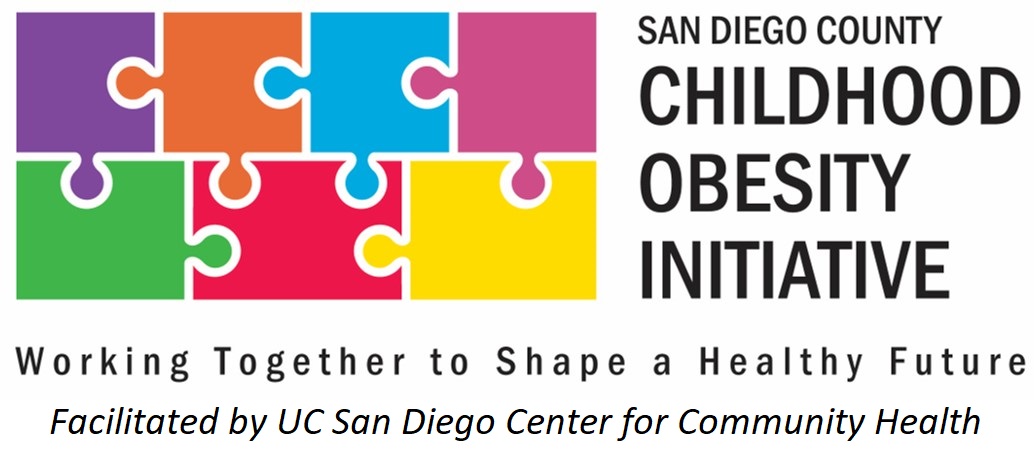Resources
Center for SCREEN-TIME Awareness
This site provides information so people can live healthier lives in functional families in vibrant communities by taking control of the electronic media in their lives.
Childhood Obesity: The New Tobacco
Overcoming the childhood obesity epidemic will require changes on the scale of a social movement similar to the shift in attitudes and regulations toward smoking and tobacco. Framing obesity as a common threat can lead to consensus regarding the interventions needed to achieve healthier children and communities.
The Impact of Food Advertising on Childhood Obesity
The American Psychological Association has resource to educate the media and parents on the impact of advertising and obesity on children’s mental and behavioral health.
Framing Brief: The Problem with Obesity
This paper describes the challenge of reframing the concept of obesity so that it can be more easily understood as an issue that is social, economic, and political in nature.
Generation M2: Media in the Lives of 8- to 18-Year-Olds
This Kaiser Family Foundation study examines the role of media in young people’s lives. An understanding of the media’s impact is essential for those concerned about promoting the healthy development of children and adolescents, including parents, pediatricians, policymakers, children’s advocates, educators, and public health groups.
Moving Nutrition Upstream: The Case for Reframing Obesity
This paper uses obesity as an example of the need for reframing the concept of nutrition so that it is understood on a broader level than individual behavior change. The authors also offer some suggestions on reframing based on lessons learned from other public health issues.
New Media, Same Old Tricks: A Survey of the Marketing of Food to Children on Food Company Websites
Consumers International, working with the International Obesity Taskforce has drawn up a set of recommendations for an international code on the marketing of food and nonalcoholic beverages to children. The recommendations target the marketing of energy dense, nutrient-poor foods that are high in fat, sugar and salt to children up to 16 years old.
The Impact of Industry Self-Regulation on the Nutritional Quality of Foods Advertised on Television to Children
Strong scientific evidence shows that the marketing of unhealthy foods to children is a significant risk factor contributing to childhood obesity. In 2006, amidst growing public concern about this issue, the food and beverage industry responded with the self-regulatory Children’s Food and Beverage Advertising Initiative. Children Now commissioned this study to analyze the effectiveness of the Children’s Food and Beverage Advertising Initiative.
The Role of Media in Childhood Obesity
This report by the Henry J. Kaiser Foundation pulls together the best available research, going behind the headlines to explore the realities of what researchers do and do not know about the role media plays in childhood obesity. In addition, the report lays out media-related policy options that have been proposed to help address childhood obesity and outlines ways media could play a positive role in helping to address this important public health problem.

